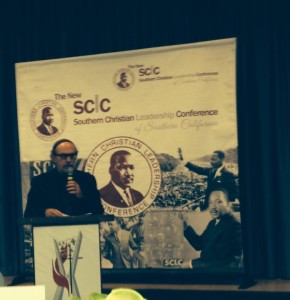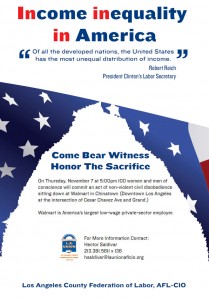Tonight we light the second Hanukah light.
The original Hanukah story is told primarily in the first Book of Maccabees (Sefer HaMakabim), which was written in near proximity to the second century BCE events which are recounted therein. Some scholars think that the original author was a witness to the events. I Maccabees, the book, tells the story of the victorious military revolt of a band of faithful Judean priests over the forces of the Hellenizers (called “sons of Belial”) and the army of the empire. The climactic scene is the capturing, purification, and renewal of the Temple in Jerusalem. The eight day holiday of rededication (from whence the name Hanukah/dedication comes) was originally a thanksgiving celebration for the miraculous military victory of the Hasmoneans over their internal and external enemies.
Hanukah, one of the two post-biblical holidays in the Jewish calendar, was recorded in the Scroll of Days on Which it is Forbidden to Fast. When incorporated in the Talmudic discussion (Babylonian Talmud Shabbat 21b), the explanation for the holiday is radically changed.
For when the Greeks entered the Sanctuary, they defiled all the oil in the Temple, and there was not enough oil to light [the candelabrum]. When the Hasmoneans defeated the Greeks, they searched but found only one cruze of oil sealed with the seal of the High Priest which had not been defiled. There was only enough oil to light for one night. Miraculously, though, it burned for eight days.
From the point of view of the Hasmoneans, the rabbis seemed to have buried the lede! The military victory of the few over the many is overlooked in favor of the miracle of the oil. This was no simple oversight. The rabbis time and again, choose the path of nonviolent spiritual struggle over the bloody path of military victory. (The miraculous appearance of fire, is also a well-known sign of the presence of God.)
The rabbinic tradition is not necessarily a pacifist tradition—the Bible itself is filled with war and violent mayhem—however, the rabbis in their ultimate homeland, the house of study, labored to create a world of spiritual struggle rather than military clashes. Rabbinic heroes, such as Rabbi Akiva, engaged in nonviolent resistance to the decrees of the Roman empire—and paid the ultimate price for it. As we light the candles tonight we embrace the legacy of spiritual struggle, the nonviolent path of righteousness and justice. “This is the word of the Lord to Zerubbabel: Not by might, nor by power, but by My spirit—said the Lord of Hosts.” (Zechariah 4:6)




